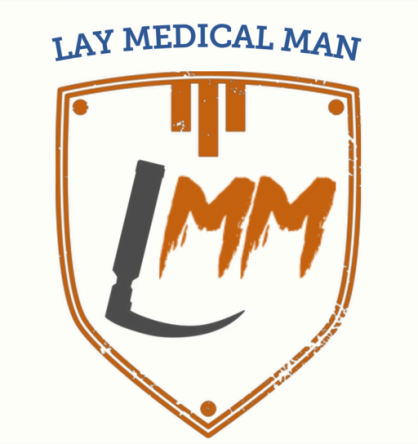- Anaesthesia Exam Question:1
- Revised Cardiac Risk Index (RCRI) is one of the commonly used perioperative risk indices
- The RCRI determines preoperative risk based on risk of surgery, history of ischemic heart disease, congestive heart failure, cerebrovascular disease, preoperative use of insulin and creatinine greater than 2.0 mg/ dL.
- The total score ranges from 0 to 6, with higher scores indicating a higher risk of major adverse cardiac events (MACE). The risk categories and their corresponding scores are as follows:
- 0 points: Low risk (MACE rate <1%)
- 1-2 points: Intermediate risk (MACE rate 1-5%)
- 3-6 points: High risk (MACE rate >5%)
- RCRI is less accurate in patients undergoing vascular, noncardiac surgery. In addition, as RCRI does not capture risk factors for noncardiac causes of perioperative mortality, it does not predict all-cause mortality well
- American College of Surgeons’ National Surgical Quality Improvement Program (ACS-NSQIP) is a universal surgical risk calculator model developed using a web-based tool . The ACS-NSQIP calculator incorporates 20 patient risk factors in addition to the surgical procedure. From this input, it calculates the percentage risk of a MACE, death, and 8 other outcomes. This risk calculator may offer the best estimation of surgery-specific risk of a MACE and death. It has excellent performance for predicting mortality and morbidity. It has not been validated in an external population outside the NSQIP. This classification has poor inter-rater reliability
- Surgery-specific risk calculation using ACS-NSQIP report the rate of cardiac death or non-fatal MI and are noted to be greater than 5% in high-risk procedures, 1% to 5% in intermediate-risk procedures, and less than 1% in low-risk procedures. Emergency surgery is associated with higher risk of MACEs compared with elective procedures.
